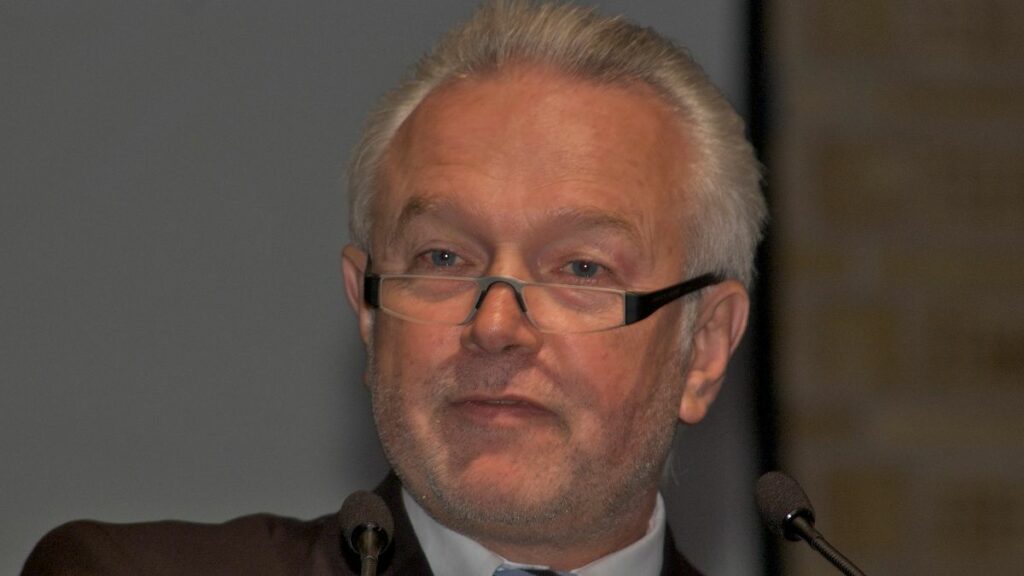Last updated on June 17th, 2021 at 09:04 am
According to the results of a recently published survey for Welt am Sonntag, a large proportion of Germans reject the gendering of the German language.
Gender-language uses made up words such as “studying people” instead of “students”, or the so-called “Binnen-I” [which is an I added to different words to mark another gender]. Instead of the German word “Pilot” (“pilot”), one would have to write “Pilot-Innen” and speak with a short break between “Pilot” and “-Innen”.
The Infratest survey showed that 65 percent of respondents reject the use of gender language. Last year, the rejection rate was 56 percent.
In terms of breakdown according to political affiliation: 48 percent of Green Party supporters reject gendering as do 57 percent of Social Democratic Party supporters, 68 percent of Union parties supporters (Christian Democratic Union and Christian Social Union), 72 percent of Left Party supporters, 77 percent of Free Democratic Party supporters and 83 percent of AfD (Alternative for Deutschland) supporters.
In the debate about the use of gender language, Bundestag Vice President Wolfgang Kubicki (FDP) told Welt am Sonntag weekly that language changes over time by way of social-cultural processes, but not through elitist moral coercion. “I therefore do not believe that gender language will prevail. Every person should speak as they see fit, whether they want to use gendered language or not.” Language “should not be frantically turned into a political fighting tool.”
Kubicki is not the only German politician who has recently been critical of this move towards gender language. Christoph Ploss, an MP from the Christian Democratic Union and a co-initiator of the RCDS petition, also stated in a guest article for Die Welt that the state should not re-educate its citizens via gender language. Parts of the public media also feel they are being patronized: a volunteer of the Bavarian radio and television broadcaster Bayerischer Rundfunk called the gender language a “senseless linguistic contortion” of an “academic feel-good bubble”. And resistance is also growing in other European countries: France’s education minister, for example, recently banned gender language in French schools and his ministry.
Are you interested in the pro-life and pro-family movement? Always stay up to date – subscribe to our newsletter! Register here. Daily news from the English-speaking countries and the whole world!
